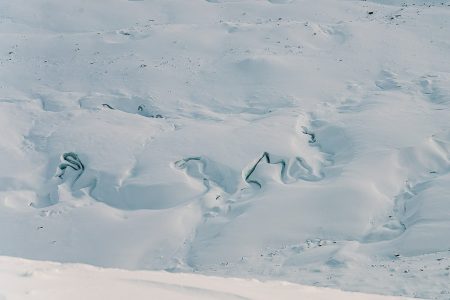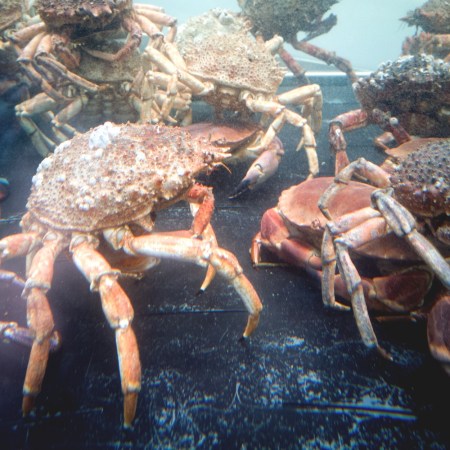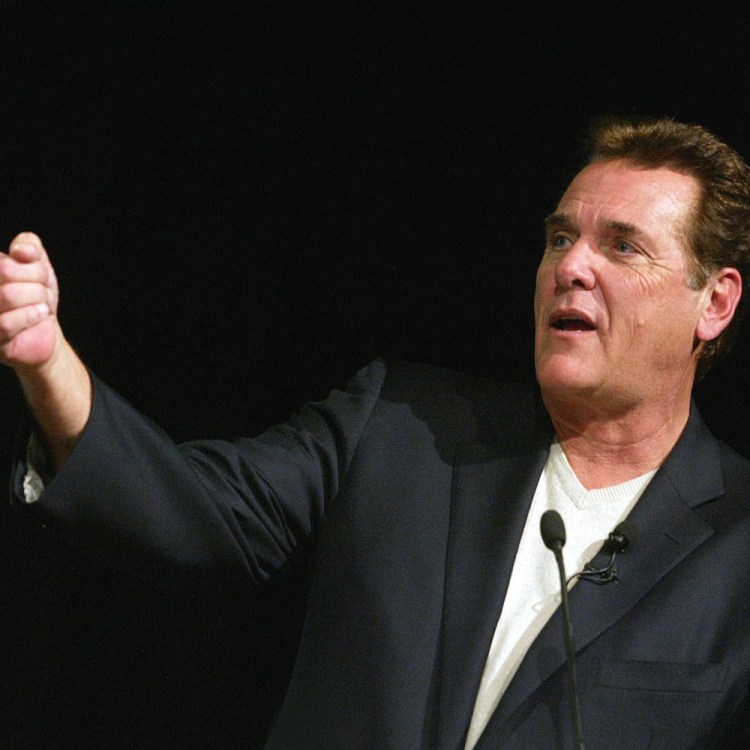In the summer of 2023, glacial flooding in and around Juneau, Alaska led to the destruction of multiple homes, devastating the landscape in a way that residents had not previously experienced. Was that a singular event or something the residents of Alaska’s state capital should brace for more of? According to a new study published in the journal Nature Communications, glaciers in the Juneau Icefield are losing their ice at an accelerated rate compared with just a few decades earlier.
That could have serious implications for the region. “As glacier thinning on the plateau continues, a mass balance-elevation feedback is likely to inhibit future glacier regrowth, potentially pushing glaciers beyond a dynamic tipping point,” the paper’s authors wrote.
Newcastle University’s Bethan Davies, the paper’s lead author, elaborated on some of the issues raised in an article for The Conversation. The culprit for this is, once again, climate change; Davies pointed out that as the seasons grow warmer, more and more ice is melting without conditions being right for an increased level of ice to replenish what was lost.
Essentially, it’s a perfect storm of conditions leading to potentially severe changes in the landscape. “[T]he glaciers are melting much faster than before, causing the icefield to get thinner and thinner and the plateau to get lower and lower,” Davies wrote — and goes on to warn that, after a certain point, the change would be irreversible.
Switzerland’s Glaciers Are Half the Size They Were 90 Years Ago
A new study has alarming newsWhile this study focuses on the Juneau Icefield, what the scientists discovered there could have implications for similar regions around the world. In the Nature Communications paper, the authors warn that other locations in Canada, the United States and Greenland “could all be subject to similar processes as snowlines rise under ongoing climate warming and these major icefields reach regional tipping points in mass change and volume loss.” It’s an urgent warning with worldwide implications.
This article was featured in the InsideHook newsletter. Sign up now.



















